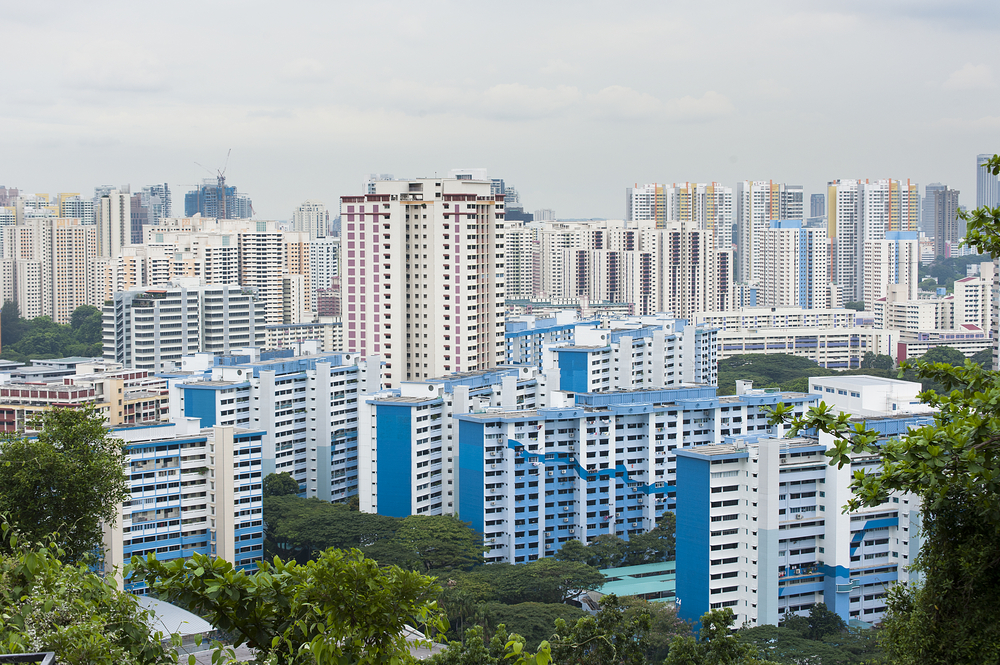Residential property glut in Singapore will take years to clear, experts warn
Cushman & Wakefield said that implementing stricter measures is the solution

Singapore is currently facing an oversupply of private residences that could take years to clear, reported Bloomberg. The central bank added that this current situation could also disrupt the budding recovery of prices, particularly with the local economy’s uncertain future
As of September 30, the Urban Redevelopment Authority revealed that the number of overhang units in the city-state amounted to 31,948.
Moreover, Christine Li, head of research for Singapore and South-east Asia at Cushman & Wakefield, said that an average of 2,500 homes are sold per quarter this year, which means that it will take around four years to clear the backlog.
To counter the glut, property developers asked the government to give them more time to sell properties before implementing penalty taxes and to reduce the 20 percent stamp duty for foreign investors.
More: Real estate market in Singapore faces a downward slump
With the uncertain local economy, head of research at Singapore-based real estate firm OrangeTee & Tie Christine Sun, said that home sales could drop between five to 10 percent in the coming year.
Nevertheless, the property prices could still rise, at a slow pace of one to three percent, as long as the economy does not substantially decline next year.
Researchers at Cushman & Wakefield believe that the oversupply started during the property boom of 2017 to 2018, when the entire city-state was enveloped with the collective-sale fever, which is when a group of owners come together to sell apartment blocks to a developer, who will then reconstruct the entire site.
Li explained that the “excessive exuberance” in purchasing sites en-block brought about the glut, adding that it would be “unwise” for the government to loosen their reigns to help developers.
Instead, she encouraged implementing more stringent measures to prevent the collective-sale fever from happening again.
Recommended
Why everyone is moving to Selangor and Johor: Malaysia’s real estate comeback
Malaysia’s upturn in fortunes is especially prevalent in secondary destinations such as Selangor and Johor
Penang’s silicon boom: How the US-China tech war is supercharging local real estate
Penang’s booming semiconductor industry has created ripples within the local real estate sector
New leader, new opportunities: How Hun Manet is shaking up Cambodia’s real estate game
Hun Manet is overseeing decent economic growth and widening access to the country’s real estate market for foreigners
Singapore embraces inclusive housing reforms amid resilient demand
The Lion City’s regulatory strength continues to exert appeal for international investors








